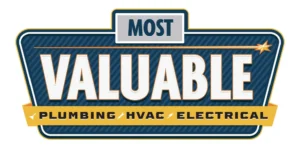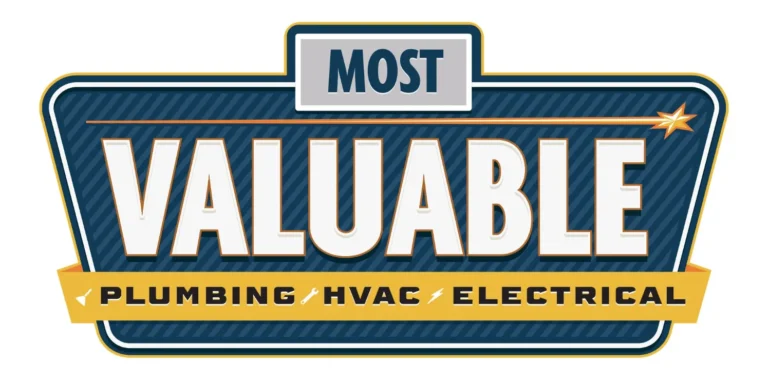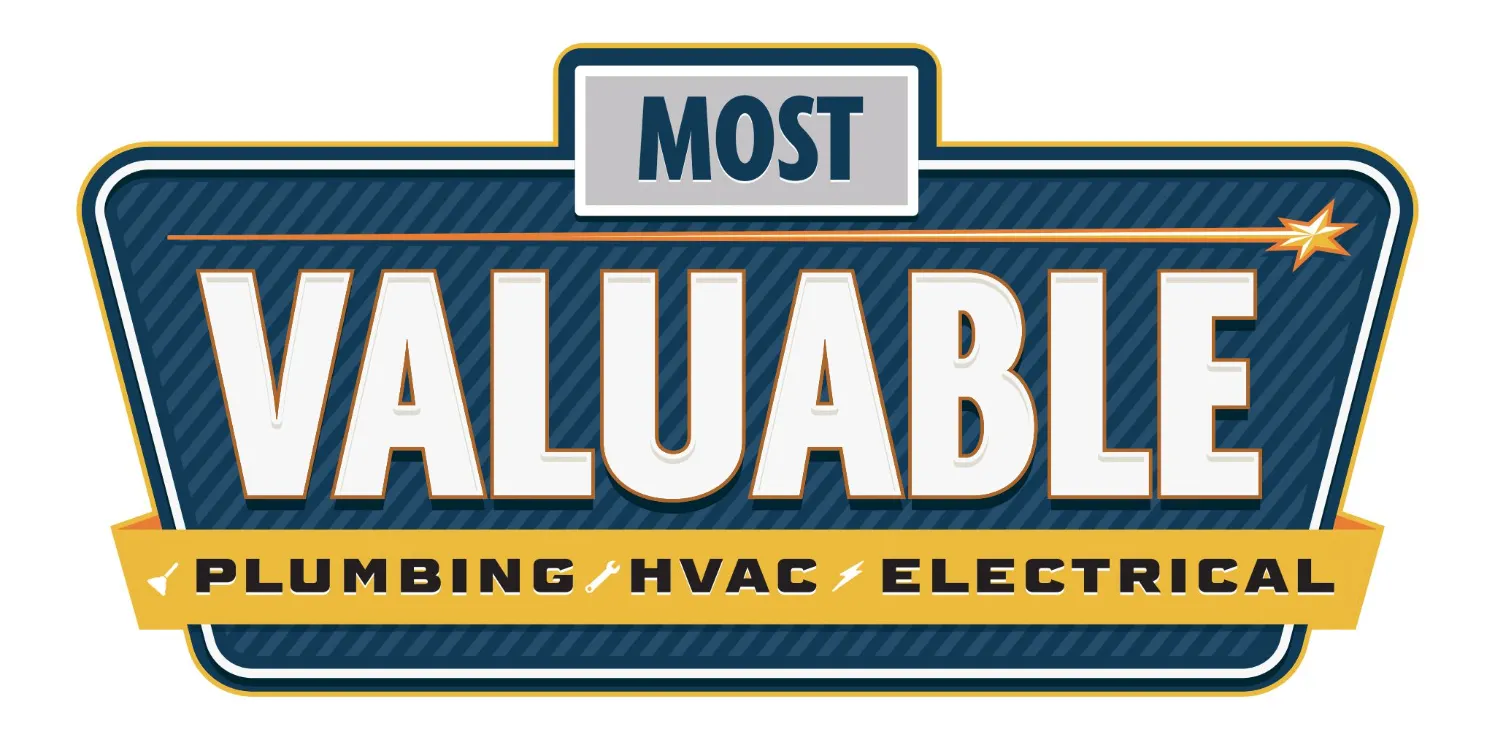Regular maintenance is key to ensuring the longevity and efficiency of your water heater. By implementing simple maintenance tasks, homeowners can prevent costly repairs, extend the lifespan of their water heaters, and ensure consistent hot water supply. This article explores essential water heater maintenance tips to keep your system running smoothly for years to come.
Are plumbing issues causing you stress? Turn to the pros at Most Valuable Plumber! Dial 855-458-9170 or explore Most Valuable Plumber to book your appointment. Your home deserves top-tier plumbing solutions!
Understanding Water Heater Maintenance
Importance of Regular Maintenance Regular maintenance is essential for preserving the efficiency and lifespan of your water heater. Neglecting maintenance tasks can lead to decreased performance, higher energy bills, and premature failure of the system. Benefits of Routine Inspection Routine inspection allows homeowners to identify potential issues early and address them before they escalate into major problems. By staying proactive with maintenance, homeowners can avoid unexpected breakdowns and costly repairs.
Call to schedule prompt service with Most Valuable Plumber: (818) 697-8263
Los Angeles County
Orange County
Ventura County
Water Heater Maintenance Tips
Flushing the Tank Flushing the tank removes sediment buildup, which can reduce the efficiency and lifespan of your water heater. Drain the tank at least once a year to prevent sediment accumulation and maintain optimal performance. Checking the Anode Rod The anode rod helps prevent corrosion inside the tank by attracting corrosive elements. Inspect the anode rod annually and replace it if it shows signs of corrosion or wear. Inspecting the Pressure Relief Valve The pressure relief valve prevents excessive pressure buildup inside the tank, reducing the risk of explosion or damage. Test the valve annually by lifting the lever to ensure it opens and closes properly. Testing the TPR Valve The temperature and pressure relief (TPR) valve is a crucial safety feature that releases water if the temperature or pressure inside the tank exceeds safe levels. Test the TPR valve annually by lifting the lever to verify that it operates correctly. Checking for Leaks Inspect the area around your water heater for signs of leaks, such as puddles or water stains. Address any leaks promptly to prevent water damage and maintain the integrity of your system.
Frequency of Maintenance
Recommended Schedule for Maintenance Tasks Maintenance tasks can be different based on your water heater and what the manufacturer suggests. However, a good rule is to do maintenance once a year. In places with hard water, you might need to flush the tank more often.
Signs Your Water Heater Needs Maintenance
Keep an eye out for signs that indicate your water heater needs maintenance, such as:
Reduced hot water temperature Strange noises coming from the tank Rust-colored water Visible leaks or corrosion
DIY vs. Professional Maintenance
DIY Maintenance Tips You can do many water heater maintenance tasks yourself, such as flushing the tank, checking the anode rod, and testing the pressure valve. However, homeowners should exercise caution and follow manufacturer guidelines to avoid damaging the system. Benefits of Professional Maintenance Hiring a professional plumber for water heater maintenance ensures they do the job correctly and thoroughly. Professional plumbers have the expertise and specialized equipment to identify potential issues and perform maintenance tasks safely and efficiently.
Key Considerations
Complexity of the Installation Professional: Best for complex installations involving gas lines, electrical work, or extensive plumbing.
DIY: Suitable for straightforward replacements where the new unit is similar to the old one.
Example: Replacing an old electric water heater with a new electric unit is simpler than switching from an electric to a gas water heater, which would likely require professional expertise.
Local Building Codes and Permits Professional: Familiar with local building codes and can obtain necessary permits.
DIY: You’ll need to research and comply with local regulations yourself. Example: In many areas, building codes require specific types of venting for gas water heaters to prevent carbon monoxide buildup, something a professional will automatically handle.
Tools and Equipment Professional: Comes equipped with specialized tools.
DIY: The necessity of purchasing or renting tools can increase both the cost and complexity.
Example: Installing a water heater might require a pipe cutter, soldering kit, or special wrenches, which you may not already own.
Long-Term Maintenance Professional: Provides advice on maintaining the unit and may offer maintenance services.
DIY: You are responsible for ongoing maintenance and troubleshooting. Example: Professionals can set up a maintenance schedule and provide tips on extending the life of your water heater, such as flushing the tank annually to remove sediment buildup.
Tools that can be helpful for maintaining your water heater
Adjustable Wrench: Useful for tightening or loosening nuts and bolts on the water heater. Screwdrivers: Both flathead and Phillips screwdrivers may be needed for accessing panels and components. Pipe Wrench: Used for loosening and tightening pipe connections.
Bucket: For catching water when draining the tank or performing maintenance tasks.
Hose: A garden hose or similar for draining the water heater tank during flushing. Anode Rod Wrench: Specifically designed wrench for removing and replacing the anode rod.
Pressure Gauge: To measure water pressure and ensure it’s within safe levels. Multimeter: For checking electrical components if your water heater has electrical elements.
Flashlight: Helps with visibility in dark or tight spaces around the water heater.
Towel or Rags: For cleaning up spills and messes during maintenance. Having these tools on hand can make it easier to perform regular maintenance tasks and address minor issues with your water heater. Always follow safety guidelines and manufacturer instructions when working on your water heater.
FAQs About Water Heater Maintenance
What is the Recommended Frequency for Flushing My Water Heater? It’s recommended to flush your water heater once a year to remove sediment and keep it working well. However, in areas with hard water or high sediment levels, more frequent flushing may be necessary.
Is it Possible for Me to Conduct Water Heater Maintenance Personally? You can do many maintenance tasks yourself, such as flushing the tank and checking the anode rod. However, it’s essential to follow manufacturer guidelines and exercise caution to avoid damaging the system. For complex maintenance tasks or if you’re unsure, consider hiring a professional plumber.
How long does a water heater typically last with regular maintenance?
With regular maintenance, a water heater can last 10-15 years or longer. However, factors such as water quality, usage patterns, and maintenance practices can impact the lifespan of the system.
What Are the Advantages of Professional Water Heater Maintenance?
Professional water heater maintenance ensures that experts inspect and service the system correctly. Plumbers can identify problems early and perform maintenance safely, which helps your water heater last longer and prevents unexpected breakdowns.
Conclusion
Summary of Key Points Regular maintenance is essential for preserving the efficiency and longevity of your water heater. By implementing simple maintenance tasks, homeowners can prevent costly repairs, extend the lifespan of their water heaters, and ensure a consistent hot water supply. Whether performing DIY maintenance or hiring a professional plumber, prioritizing regular maintenance ensures peace of mind and reliable performance from your water heater.
For professional help, contact Most Valuable Plumber to ensure your water heater receives top-notch care and service. Final Recommendations Make water heater maintenance a priority by scheduling routine inspections and performing necessary maintenance tasks annually.
Whether DIY or professional, investing in regular maintenance can save you time and money in the long run by avoiding unexpected repairs and premature replacement of your water heater.


